COVID-19 fallout takes a higher toll on women, economically and domestically
While women appear to be more resilient than men to COVID-19 in terms of health outcomes, that is not the case when it comes to the economic and social fallout.
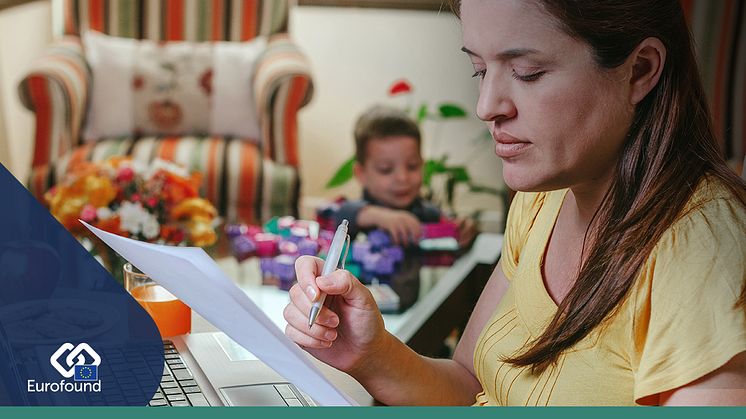
While women appear to be more resilient than men to COVID-19 in terms of health outcomes, that is not the case when it comes to the economic and social fallout.

One in five people (21%) in Sweden report a worsening of their financial situation during the COVID-19 crisis, and a similar proportion (22%) believe their situation will deteriorate over the next three months, according to Eurofound’s Living, Working and COVID-19 survey.
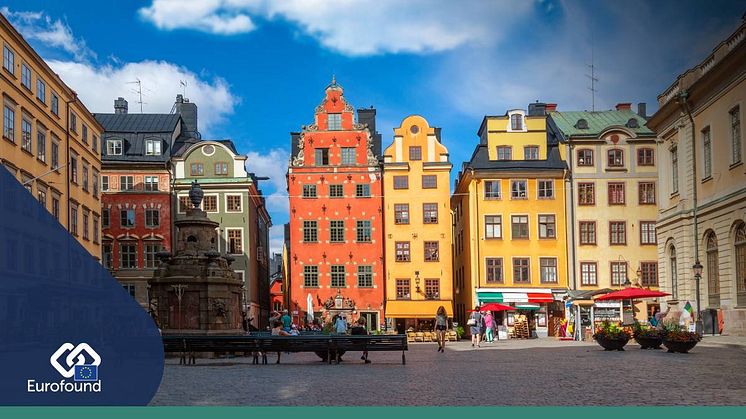
Join us on 10 June for a live #AskTheExpert webinar and Q&A with @MascheriniM and @MaryMcCaugheyEF about #COVID19SurveyEU findings to discuss why particular groups of people are feeling the impact more than others and explore the policy options to help address these challenges.
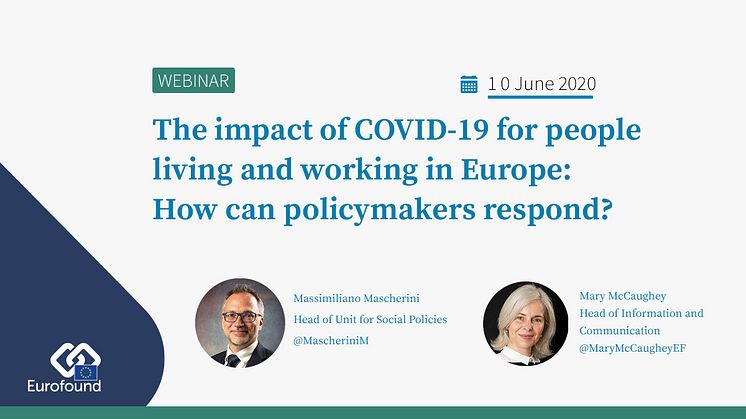
Statutory minimum wages were raised in most EU countries for 2020 – in many even substantially, such as in Poland 17%, Slovakia 12%, and Czechia 11% - according to Eurofound’s ‘Minimum wages in 2020: Annual review’ published today.

Eurofound’s recent research shows that COVID-19 has placed further strain on the Italian labour market and places people across the country in greater financial insecurity.

Trust in Slovakian national government on a par with EU average during COVID-19 crisis.

The Coronavirus (COVID-19) pandemic is having a profound impact on families and working life across Europe. In addition to the health implications, many people are now required to balance caring for and educating children, while at the same time continuing to manage work responsibilities.
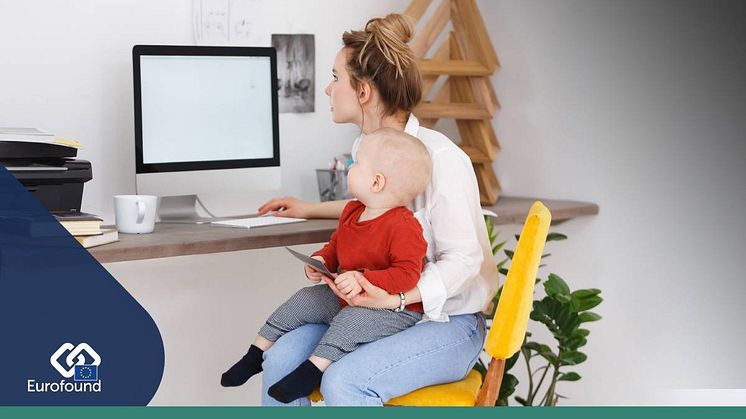
On Europe Day 2020, the EU institutions want to pay tribute through numerous online activities to the many Europeans who, in a spirit of solidarity, are helping our Union get through the coronavirus crisis.
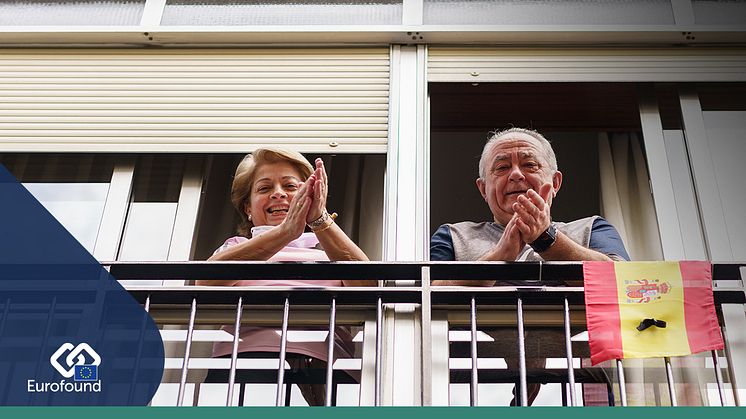
The first results from Eurofound’s Living, working and COVID-19 online survey show a Europe grappling to respond to the crisis caused by the COVID-19 pandemic with many respondents reporting high levels of loneliness coupled with low levels of optimism about their future.
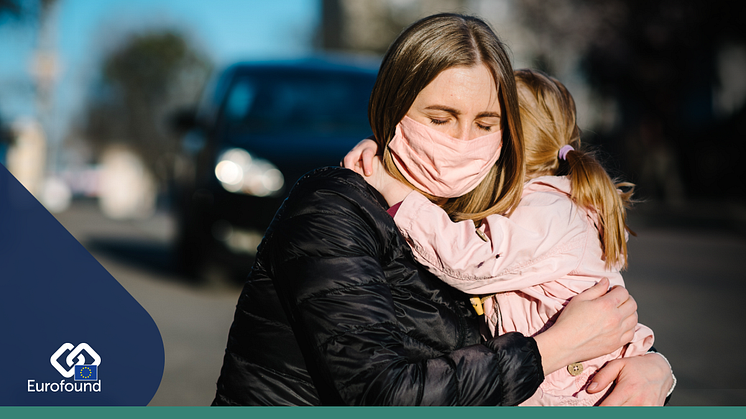
Bulgaria has experienced seismic shifts in typical household composition over the last decade; reporting the largest decrease in the share of multigenerational households in the EU, as well as increasing levels of cohabitation and people living alone. These societal trends occur at the same time as improving quality of life, higher labour market participation rates and population ageing.

The new von der Leyen Commission took office on 1 December 2019. Having adopted its first work programme on 29 January 2020, the Commission sets out its plans for a transition to a fair, climate-neutral and digital Europe. It outlines six top priorities. Eurofound’s work directly feeds into a number of these key areas aimed at creating a strong social Europe.
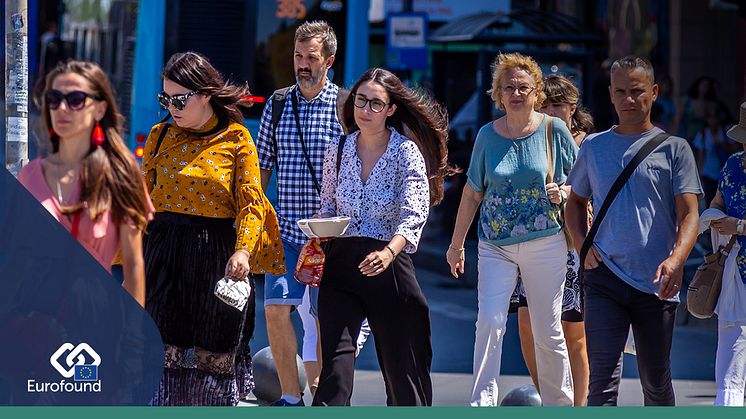
Cohabitation – couples living together without being married – is on the rise in Europe. Eurofound’s calculations of EU data shows that France (13%), Sweden (13%) and Finland (12%) recorded the highest co-habitation rates in the EU in 2017.
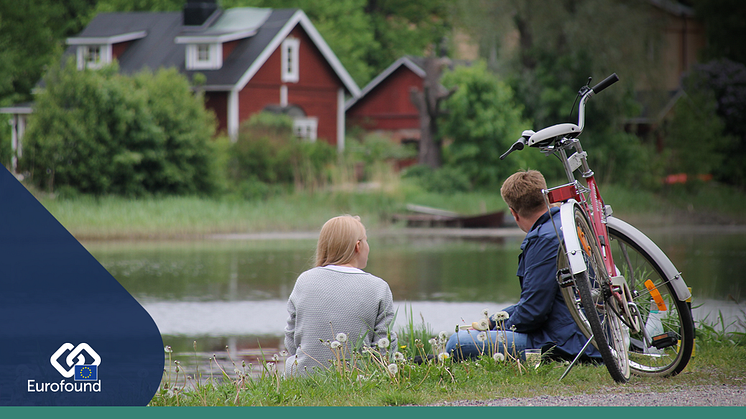
Estonia reports substantial increases to life satisfaction and happiness levels over the last fifteen years and optimism for the future is high with 69% feeling optimistic for their children’s or grandchildren’s future - above the EU average of 57%. Coupled with this, the perceived quality of public services has improved with childcare and public transport seeing the greatest increases.

A new analysis of EU-level data by Eurofound shows that one in three households in the EU is now single occupancy. Germany now has the largest proportion of the population living in single-person households, and large increases in the share of the population living alone have been reported in Lithuania and Bulgaria.
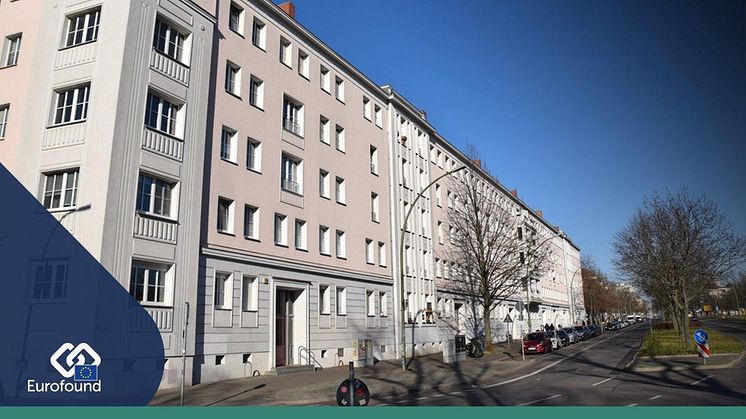
A common understanding of labour market segmentation is necessary to tackle poor quality jobs with lack of opportunities, affecting especially young people, women, immigrants and lower-educated individuals on the labour market. A new ambitious report explores why segmentation is problematic and identifies policy approaches which could be helpful in tackling this phenomenon.

As Romania celebrates its national day on Sunday, we mark the occasion by sharing our research and analysis to provide a snapshot of current living and working conditions.

While high-quality childcare and early education is of growing importance, both for children’s development and for facilitating women’s access to the labour market, Eurofound’s research shows that cost is an issue for four out of ten users of early childhood education and care (ECEC) services in the EU.
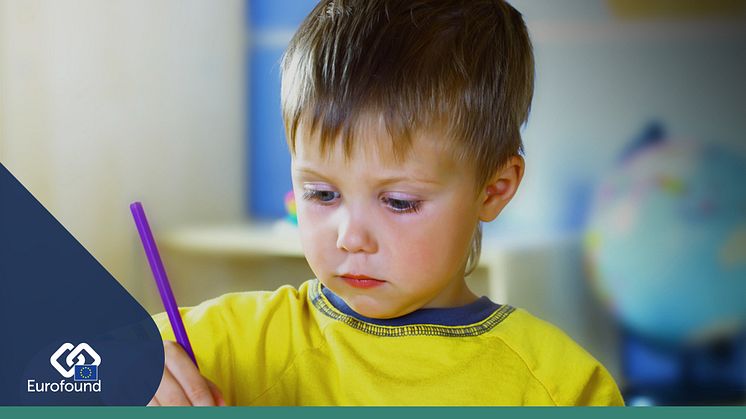
Austria has one of the highest female part-time rates in the EU. This is linked largely to a heavy reliance on informal care where 80% of those in need of long-term care are being cared for informally by a family member. The high level of part-time work (47.9% of women compared to just 8.1% of men) has significant consequences for Austria’s gender pay gap.

Levels of trust and social cohesion have recovered overall in the EU since the financial crisis, perceived social exclusion has declined and there has been an increase in active citizenship and civic engagement, according to Eurofound’s flagship report ‘Challenges and prospects in the EU: Quality of life and public services’.
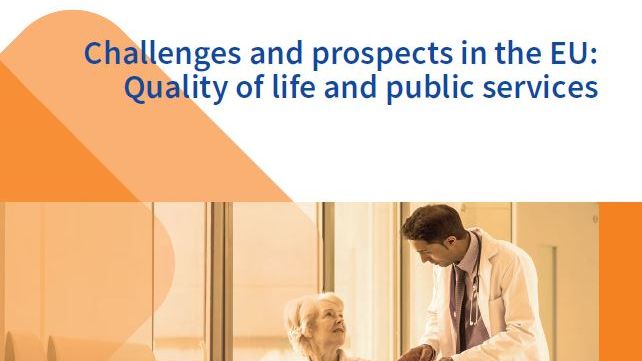
Eurofound ha estado monitoreando e informando sobre las condiciones de vida y trabajo en España, en comparación con otros Estados miembros de la UE, desde antes de su adhesión a la UE en 1986.
